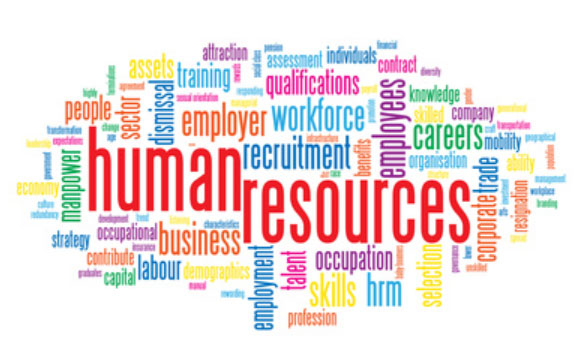
COMMENT | Eunice Kanyesigye | Every organization’s desire is to build a robust human resource capability, to achieve their goals and vision. However, without understanding what a robust human resource is, an organization will only be doing rhetoric or at worst piling workload and setting unrealistic targets that may never be attained.
It is equally important that everyone, from the senior management teams down to the junior employees appreciate the overall strategic mission, vision, culture and values of the organization. Once these are clearly defined at all levels within the organization, they can then be passed on to generations of employees within the business.
At MultiChoice Uganda, we embarked on a journey to develop a company culture that promotes meritocracy, that is, a system of onboarding human resource into positions based on merit and rewarding them proportionately for their valued contribution to the business. The purpose was to cultivate a culture of excellence and recognition of employee efforts at all levels.
With a dependable team that possess the requisite skill sets, it becomes much easier to deliver the appropriate services, solutions and experience to our customers, as and when these are needed, while meeting other stakeholder expectations in the Pay TV service sector. In so doing, we ensure to not lose focus on the need to remain committed to register the set business objectives.
In 2020, an unprecedented pandemic broke out which reshaped the work environment as we knew it. Workplaces had to contend with a new reality that required certain skills, tech innovations (virtual meetings, migration of particular services to the Cloud), investment in the internet resource, working remotely and socio-emotional support amongst workmates. Businesses continue to use COVID-19 as a point of reference to invest in facilities that aid staff to deliver effectively, especially those that dictate the set-up of corporate entities since these are used in the day-to-day operations of staff.
For MultiChoice, this meant that we had to make provision for additional infrastructure like; computers and internet connectivity, enabling work from home capability, setting up a tele-sales department to follow through on the product sales, which are some of the key changes that were undertaken so as to reduced face to face business interactions and focused on business interactions through social media and other internet-based communication channels, for continued smooth operations.
The dynamic working environment today necessitates individuals to be agile in adopting to new ways of working, thus sustained investments in training programmes then become a possibility worth exploring, as these result into a high-quality workforce. The skill sets that are attained then enable productivity, growth and result oriented outcomes for the business and the individual in terms of; the service delivered and the growth opportunities for the employee.
A World Bank Skills Development publication issued on 12th March 2021, shows that there are huge gaps in basic literacy and numeracy of working-age populations. According to the report, 750 million people aged 15 and above or 18 percent of the global population are unable to read and write, with estimates being nearly twice as large if literacy is measured through direct assessments.
In addition, large-scale international assessments of adult skills generally point to skills mismatches as well as large variations in the returns to education across fields of study, institutions, and population groups. Employers in many developing countries report that a lack of skilled workers is a major and increasing bottleneck for their operations, affecting their capacity to innovate.
These World Bank findings highlight the importance of incorporating trainings to build a robust and efficient team that enable the organization to deliver its promises to its the stakeholders. The trainings can be adjusted in accordance to what the current job market demands both on the technical and non-technical front.
At our Group and regional levels, MultiChoice continues to harness training opportunities for its staff at the different levels of operation, through identifying areas that can directly impact the output of our employees. Therefore, it is not only a worthwhile investment to train, equip and develop our staff, overall, it facilitates the business towards sustained growth and delivery of stakeholder value.
*******
 The writer is the Human Resource & Training Manager at MultiChoice Uganda
The writer is the Human Resource & Training Manager at MultiChoice Uganda
 The Independent Uganda: You get the Truth we Pay the Price
The Independent Uganda: You get the Truth we Pay the Price





